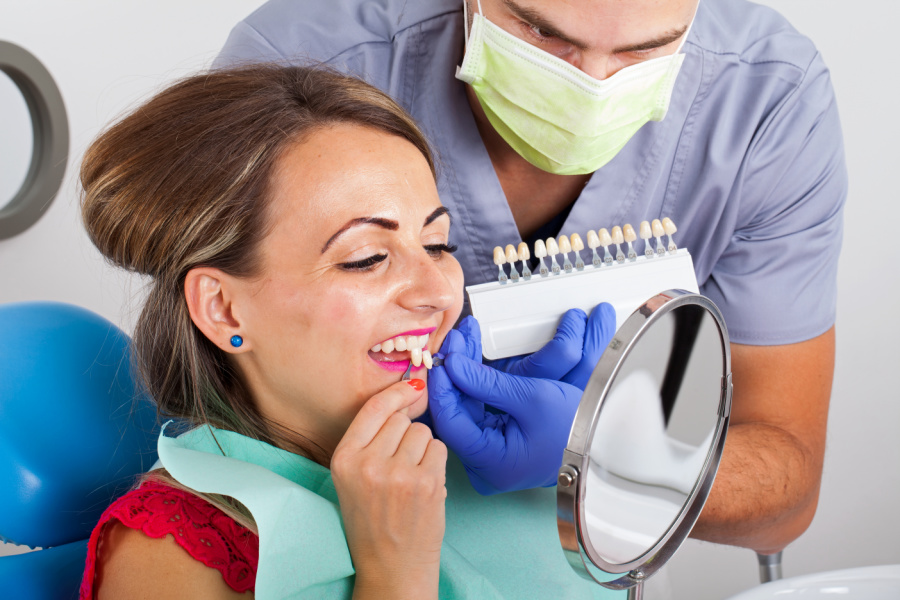Child Tooth decay is a common yet preventable issue that can have long-term effects on their oral health. Early detection and proper dental care can help prevent more serious complications.
What is Child Tooth Decay?
Child tooth decay, also known as dental caries or cavities, occurs when bacteria in the mouth break down sugars from food and produce acids. These acids attack the tooth enamel, gradually creating holes or "cavities." While it's often associated with sugary foods and drinks, tooth decay can also be caused by poor dental hygiene or inadequate fluoride exposure.
If left untreated, tooth decay can progress from minor cavities to more serious infections, potentially leading to pain, tooth loss, and other health issues.
Early Signs of Tooth Decay in Children
Recognizing the early signs of tooth decay can help prevent further damage. Look out for:
- White spots on the teeth: These may appear on the surface of teeth and are often the first sign of demineralization, where the enamel starts to break down.
- Sensitivity to temperature or sweetness: Early-stage decay may cause teeth to become sensitive to hot or cold food and drinks, as well as sugary snacks.
- Yellow or light brown spots: As the decay progresses, white spots may turn yellow or light brown.
If these signs are caught early, tooth decay can often be reversed or treated with simple dental care.
Severe Symptoms of Tooth Decay
If tooth decay is not addressed, it can lead to more severe symptoms, including:
- Dark brown or black spots on teeth: These are signs that the decay has reached deeper layers of the tooth.
- Toothache or pain: Children may complain of pain, especially when chewing or biting.
- Swelling or redness in the gums: Advanced tooth decay can cause inflammation, infection, or abscesses around the tooth.
- Bad breath: Persistent bad breath can be a sign of ongoing tooth decay.
- Loose or damaged teeth: In severe cases, the decayed tooth may become loose, leading to potential tooth loss.
If your child is experiencing these symptoms, it’s crucial to see a dentist for treatment immediately to prevent further complications.
Treatments for Child Tooth Decay
The treatment for tooth decay will depend on its severity:
- Fluoride treatment: In the early stages, a dentist may apply fluoride varnish or gel to help strengthen the enamel and reverse mild decay.
- Dental fillings: If a cavity has formed, the decayed portion of the tooth will be removed, and the space will be filled with a material such as composite resin.
- Crowns: In cases of severe decay, a crown (a cap that covers the damaged tooth) may be placed to protect the tooth from further damage.
- Root canal: If the decay reaches the pulp (the innermost part of the tooth), a root canal may be needed to remove infected tissue.
- Tooth extraction: In extreme cases where the tooth is too damaged to be saved, it may need to be removed.
Oral Hygiene Tips to Prevent Tooth Decay
Prevention is the best way to protect your child from tooth decay. Here are some essential tips to maintain their dental health:
- Brush twice daily: Ensure your child brushes their teeth twice a day with fluoride toothpaste. For young children, supervise brushing to ensure they reach all areas of the mouth.
- Floss daily: Teach your child to floss once a day to remove food particles and plaque between the teeth.
- Limit sugary foods and drinks: Cut down on sugary snacks, sodas, and juices, which can feed the bacteria that cause tooth decay.
- Regular dental visits: Schedule routine check-ups with the dentist every six months for cleanings and exams.
- Encourage water over sugary drinks: Water helps wash away food particles and keeps the mouth hydrated, which can prevent decay.
- Use fluoride: Fluoride strengthens enamel and prevents decay. If your water supply is not fluoridated, ask your dentist about fluoride supplements or treatments.
- Promote healthy snacks: Offer your child fruits, vegetables, and calcium-rich foods like cheese and yoghurt, which are good for teeth.
Tooth decay is a common concern for children, but with the right care and preventive measures, you can help protect your child's smile. Early detection and treatment of tooth decay can prevent more severe symptoms, while good oral hygiene habits will keep their teeth strong and healthy as they grow. If you notice any signs of decay, be sure to consult your child’s dentist to address the problem early. Regular checkups and consistent oral care at home are the best defences against tooth decay.
Click here to learn more about our available services.



